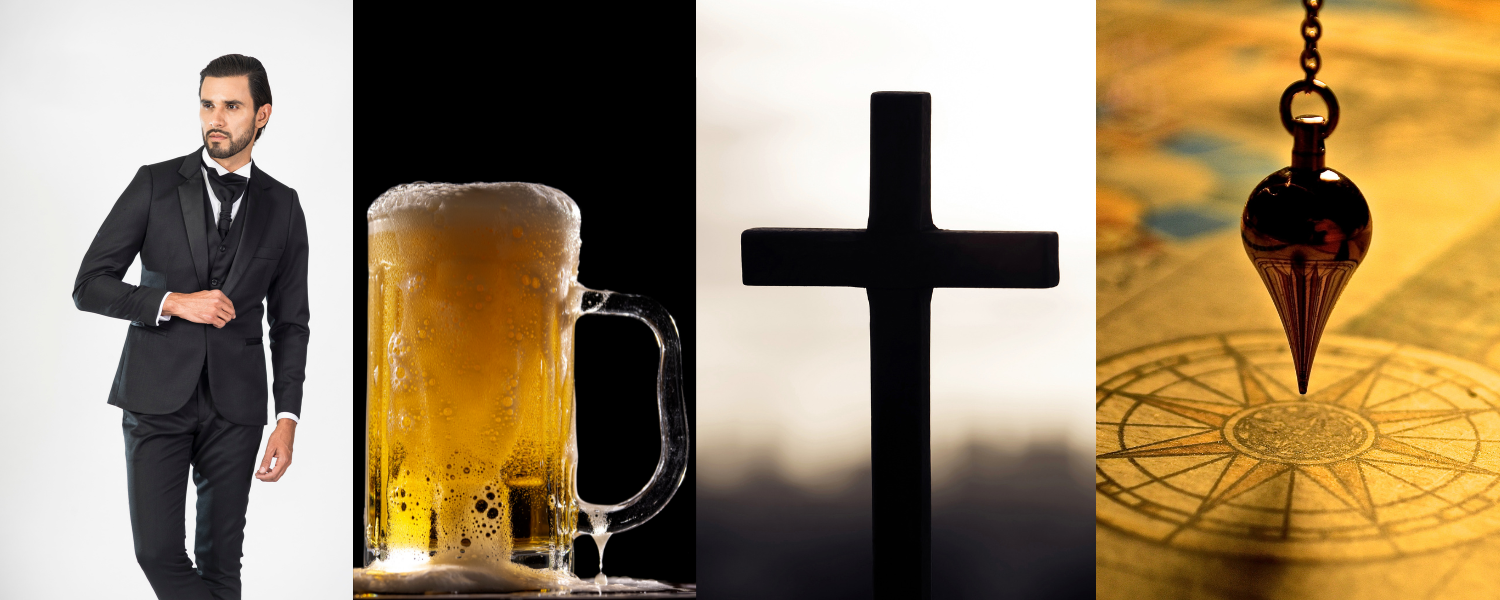It’s funny and terrifying how quickly ten years can fly by. Somehow it has been a full decade since I returned to Australia from two years living and working in Ecuador. Being the tragic nostalgic that I am, I retrieved my old journal from storage at my parents’ house and started to read.
Dipping into those old pages from my younger self has been a strange experience. It’s still my handwriting and still my voice, and it’s actually not so different from how I might express myself today. It’s me, yet it’s not the same me, either.
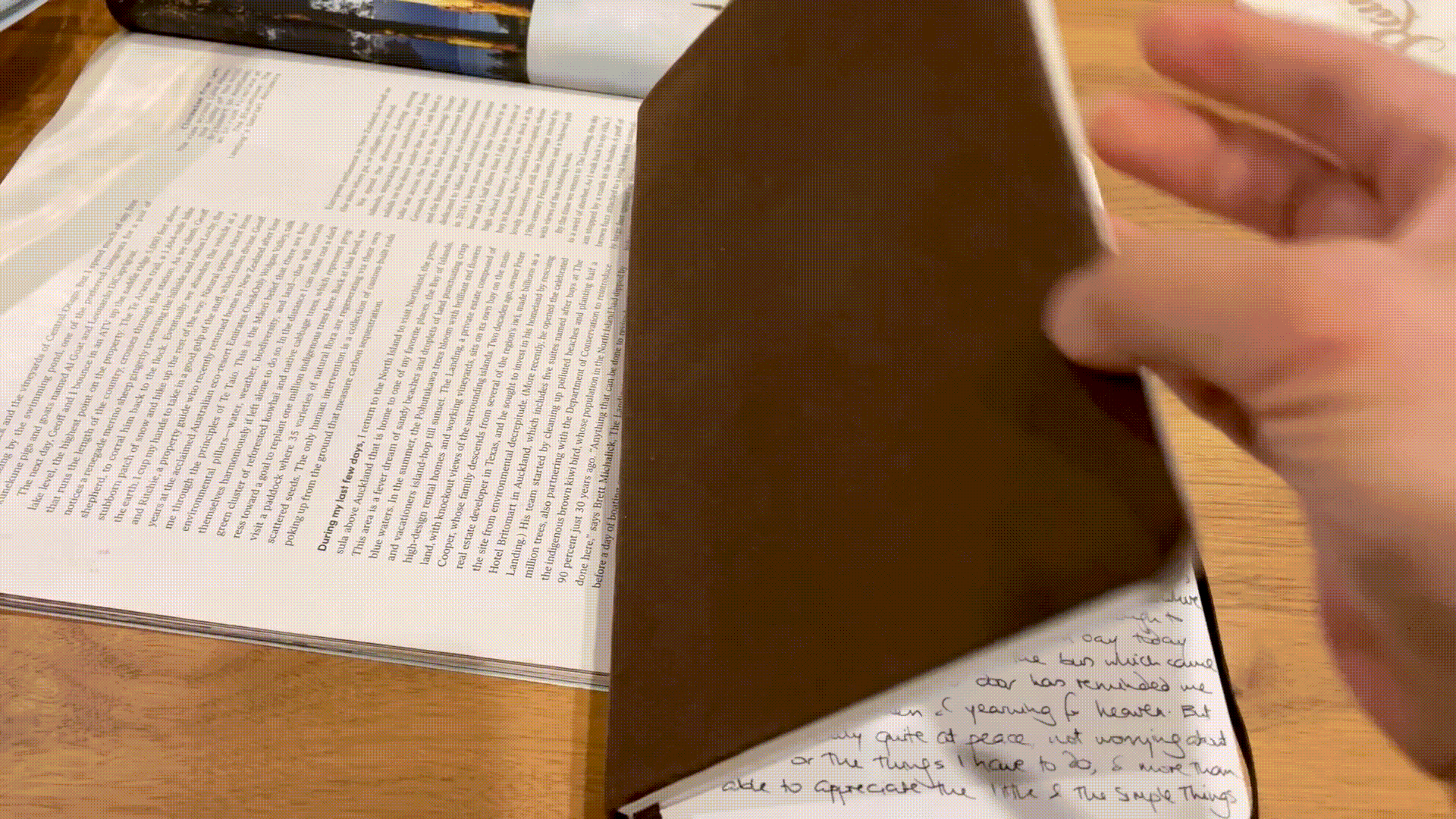
Initially those journal entries brought me to tears, recalling my heart and hopes from 2011 to 2013. How much it all meant to me. How much I’d forgotten, too. There’s some pain and frustration that no longer stings like it did then. There’s some richness and revelry I wish I could relive.
What has struck me is how much I wrote (and reflected on) boys, drinking, faith and purpose. These, perhaps, are areas in which I can see the most growth in myself in the ten years since I left Ecuador.
Boys
At a quarter of a century old, I was still figuring out interacting with people of the opposite sex. What I mean is I was basically trying (not so successfully) to live as if my sex and gender didn’t define me, as if it didn’t really matter at all. This was how I had grown up, culturally: in a pre-woke but left-leaning public education system, one of two daughters to parents who didn’t encourage girlyness.
In Ecuador, I found myself in a deeply gendered culture. Here teenage girls were paraded in pageants that crowned the “queen” of the neighbourhood, village and province. Here I was once wolf-whistled by an 11-year-old – not because he found me attractive, but probably because he had seen the men around him wolf-whistle girls and ladies on the street. People observed and commented on my appearance all the time.
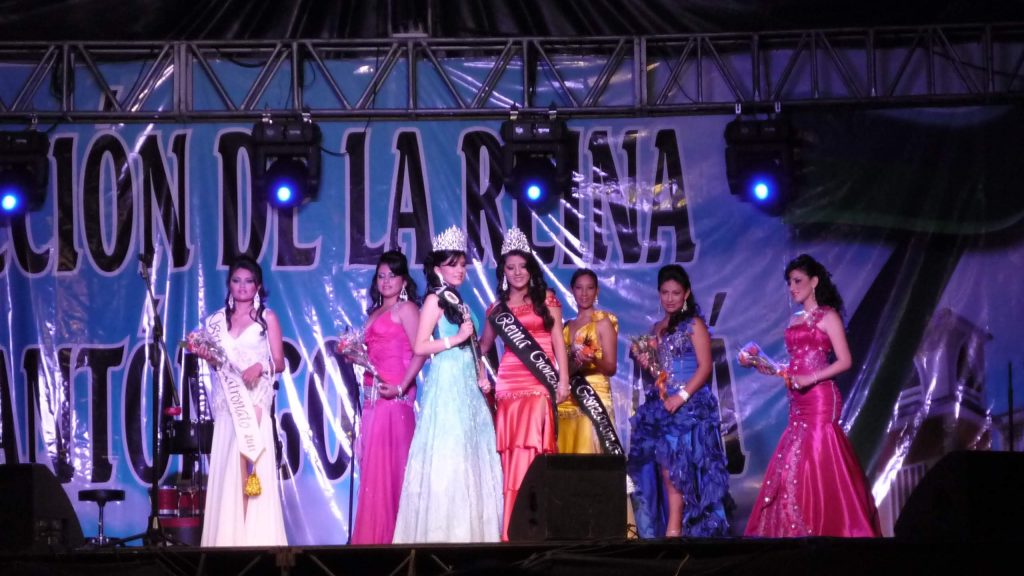
To compound matters, the mission agency I served with banned short-term workers (two years or less) from dating. This rule meant a higher level of scrutiny on all of my interactions with men. The mere fact of being seen talking to a young man would lead to gossip and often judgment. A colleague once observed that in Ecuador, it was better to be in a room with five or six men than with one – it’s possible I took this literally, both as advice and licence.
The thing is, I got along with guys. We had interests in common: music, football, beer, politics. My journal reflections, then, wrestled with which aspects of my friendships with men were good and normal – and what was unhealthy. Were some of my male friends secretly interested in me and was I giving them the wrong impression by being warm? Was it my responsibility to manage the grey areas and how much greyness was simply unavoidable?
Now that I am ten years older and no longer single, I can see that quite a few of these friendships were ambiguous, or susceptible to becoming so. I would say now, for example, that the line between banter and flirting can be fine. I think was overly confident in my control of myself and my situation – and that was selfish, or at least careless, of me.
Booze
Another annoying rule was about alcohol. Because booze was commonly abused in the wider community – think men passed out on the street or going home and beating their families – the mission agency discouraged drinking in public to ensure workers were above reproach and not setting a poor example.

I confess I decided to model responsible drinking instead. In hindsight, I’m not sure how well I did that or whether this was a good idea. It was like a michelada at the karaoke joint, mulled wine at a cafe-bar owned by a friend of a friend, or a couple of beers over conversation at a friend’s place – that sort of thing.
I think I have always liked drinking: from childhood days of peach wine in a box, to Christmas port as a teenager. On top of that, I have felt a sense of pride in my ability to hold my drink as a small Asian woman. At times, I have taken pleasure in demonstrating this – particularly at weddings, where the booze is free and free-flowing.

After a few too many jokes from my immediate and extended family about my drinking and after my now husband said he thought I was an alcoholic when we first started dating, I have toned things down. It does seem a childish thing to boast in. I don’t want this to be my party trick, let alone the “skill” I’m best known for.
Faith
Despite what you might now think from the above, my time in Ecuador coincided with a point in my life where I longed to live out my faith. In fact, it’s the reason I was there in the first place.
I was disillusioned with what I observed to be an academic culture within my church circles and I was hungry to apply Christianity, not just consume Bible knowledge and the Sunday church experience. Ecuador was my way to devote a chunk of my life to God and see how he might use me, and speak to me. So it’s unsurprising that I journalled often about my faith.
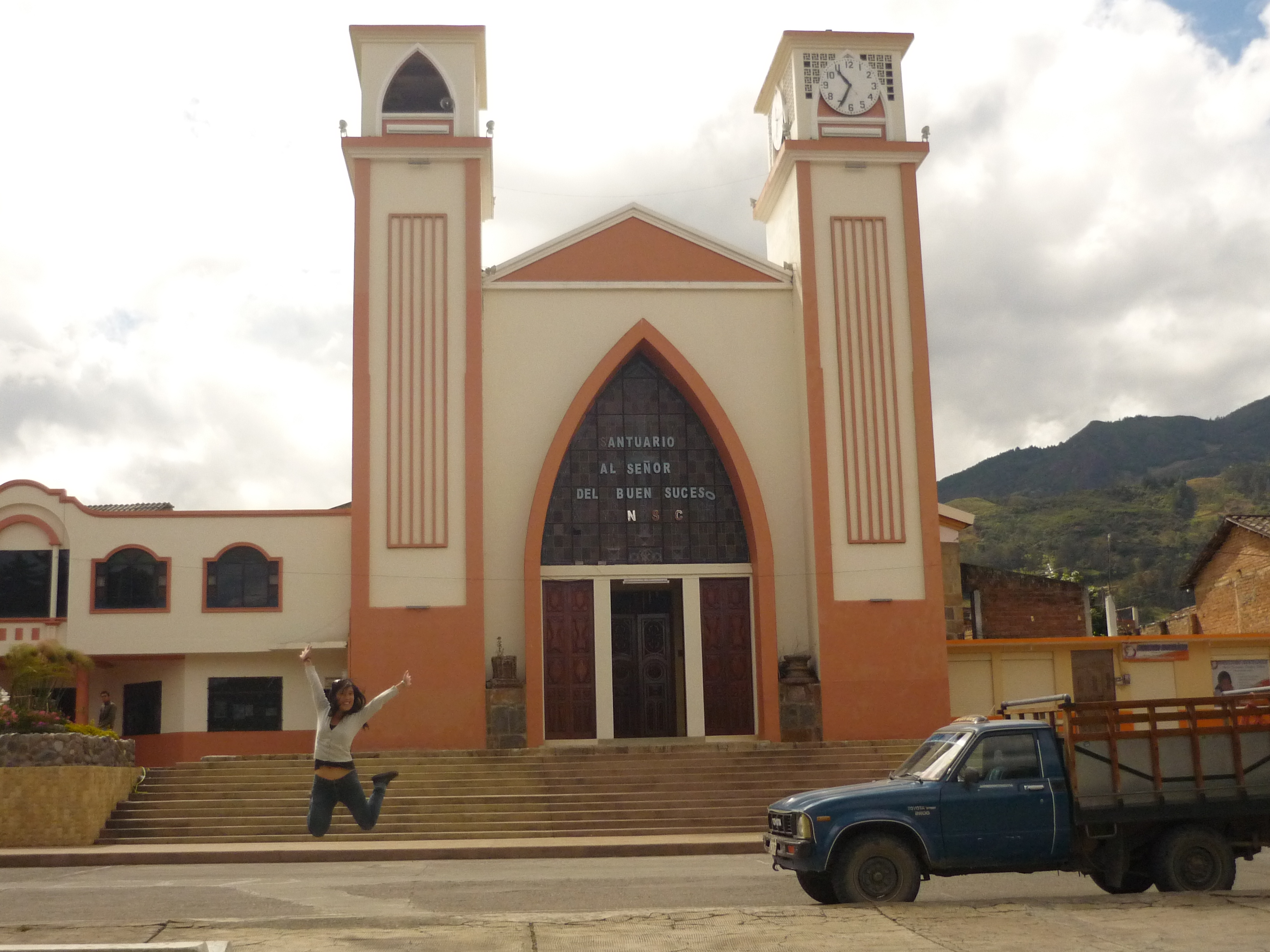
Seeing what church looked like – particularly the evangelical church as a counterpoint to the prevailing syncretic Catholic traditions – helped me understand and interrogate my own spiritual practices. I started to see more clearly how even the idea of reading the Bible made cultural sense in Australia, but not necessarily everywhere. I saw how much evangelicalism in Latin America was shaped by conservative US church traditions.
Despite plenty of emotional ups and downs, there is a strong thread of gratitude through my journalling. I felt very open and receptive to learning and growing, seeing God at work in different ways to what I had previously witnessed.
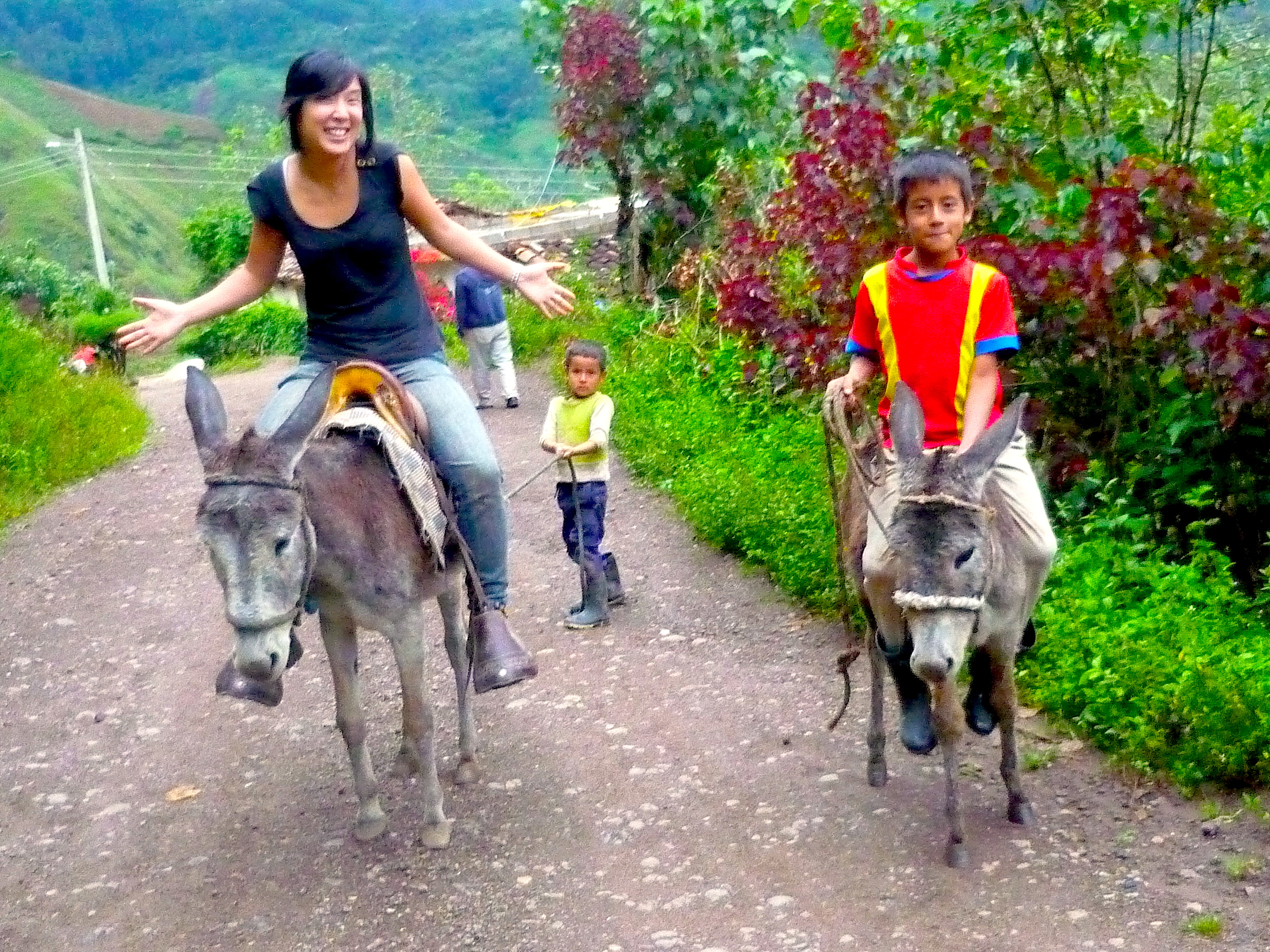
I felt humbled by how the most miraculous and/or wonderful things happened either through no skill of my own (often I was merely a link between two people or two groups) or through something I did not consider myself to be skilled in (such as music). I saw, and admired, how people would pray out loud passionately and eloquently – it was challenging in a good way. Immersion in Spanish significantly improved my fluency, and my growing understanding of the language also deepened and expanded my understanding of God and his kingdom.
Purpose
Woven into my reflections on faith was a desire to discover my purpose or calling. Much is written in millennial publications like Relevant Magazine about how there isn’t really such a thing and our generation makes too much of it. But at the time, I was one of those suckers.
Man, I longed to change the world. I felt like I was grasping for the right start, unable to chart a straight course or even know what direction I should move in. I secretly wished Ecuador would answer that question – that I would return home with a firm sense of purpose and vision for the next thing, for the rest of my life.
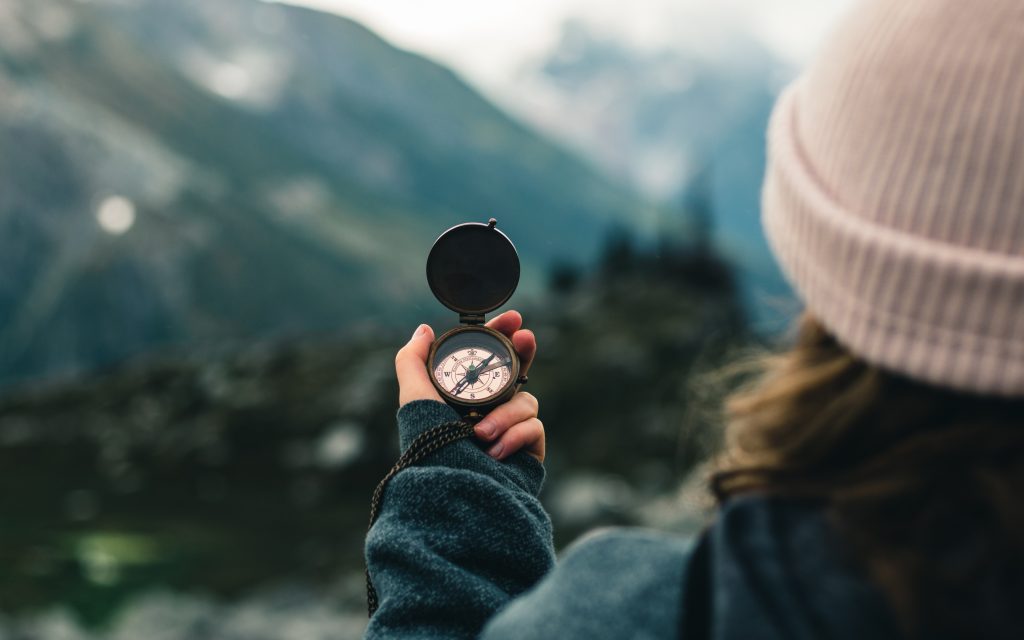
Of course, it wasn’t that simple. I felt confused and blocked. In retrospect, I think the confusion was mostly about work, because I wasn’t sure exactly what field I wanted to be in. Likewise the block was mostly because I felt totally unqualified to do much of anything.
A year in Bolivia and subsequent years back in Australia have given me a lot more clarity on my work. It is a blessing that I’ve been able to do work that I both enjoy and am skilled in, and for organisations that are changing the world for the better.
It’s an even greater blessing that I don’t need the perfect job to know that I’m on the right path. I don’t need to fully optimise my life for service. Over time, I am learning to be faithful in the little things each day, to see the sublime in the pedestrian as I like to say (after Kierkegaard), to relish being more than doing.
*
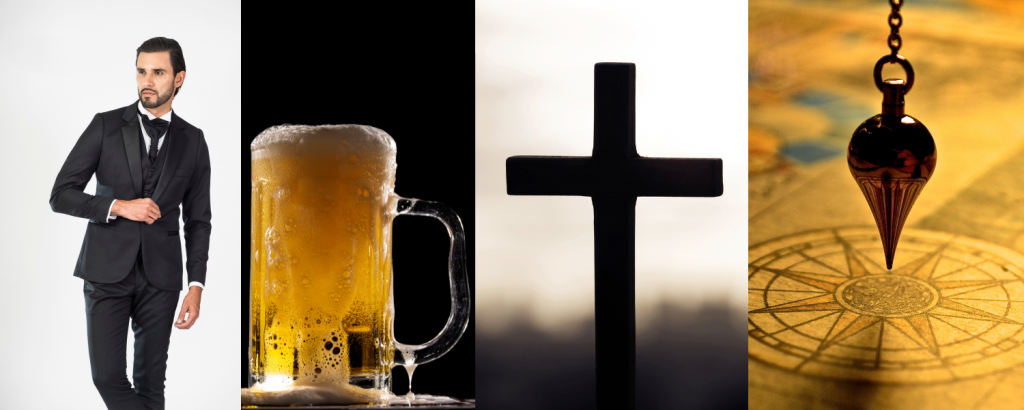
So there you have it: the confessions and learnings of an imperfect missionary. I did some stupid things and I wasn’t as useful as I wanted to be. Nonetheless I grew during my time there, have grown since and with any luck, will continue to grow.
And always I felt very welcome in Ecuador – I’m truly grateful for the hospitality of so many gonzanameños, lojano, quiteños and guayacos. My sincere hope is that the dozens of people I connected with received as much joy, as much blessing from having had me live among them, as I received from their friendship.
Para mis queridos amigos ecuatorianos: Mil gracias por recibirme en su país, en sus casas, en sus corazones. Quedo muy agradecida y siempre atesoraré esa etapa de mi vida, los momentos que pasamos juntos. Dios me los bendiga hoy y siempre. Hazme el favor de escribirme – quiero saber de ustedes.
In case anyone is interested, I took my nostalgia and made a soundtrack of my time in Ecuador – my Spotify playlist is a mix of songs in English and Spanish. Faltan más cumbias, es que no sé los títulos de las canciones para poder agregarlas a la lista.

